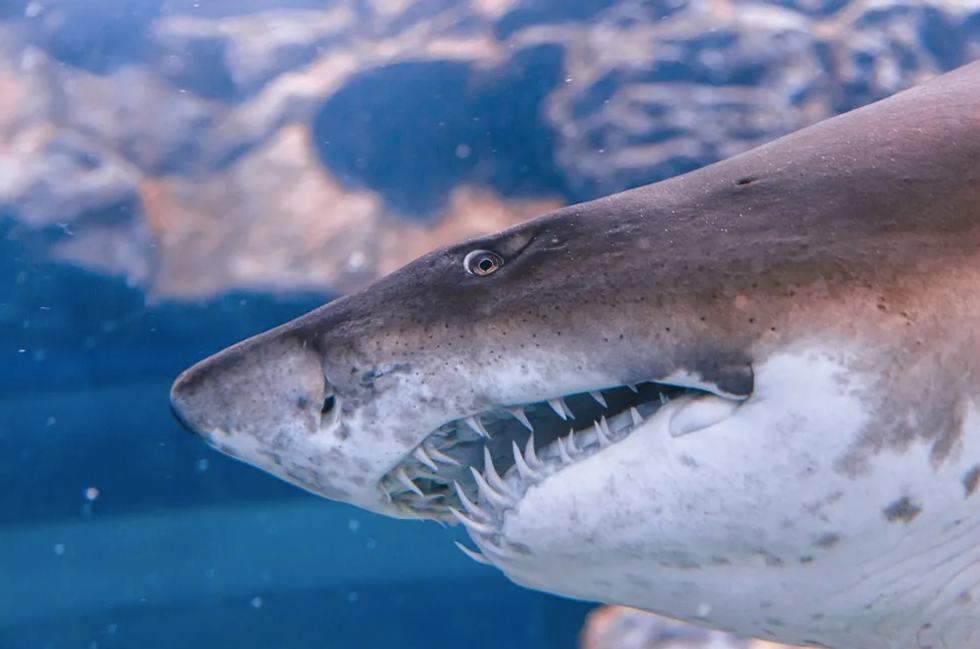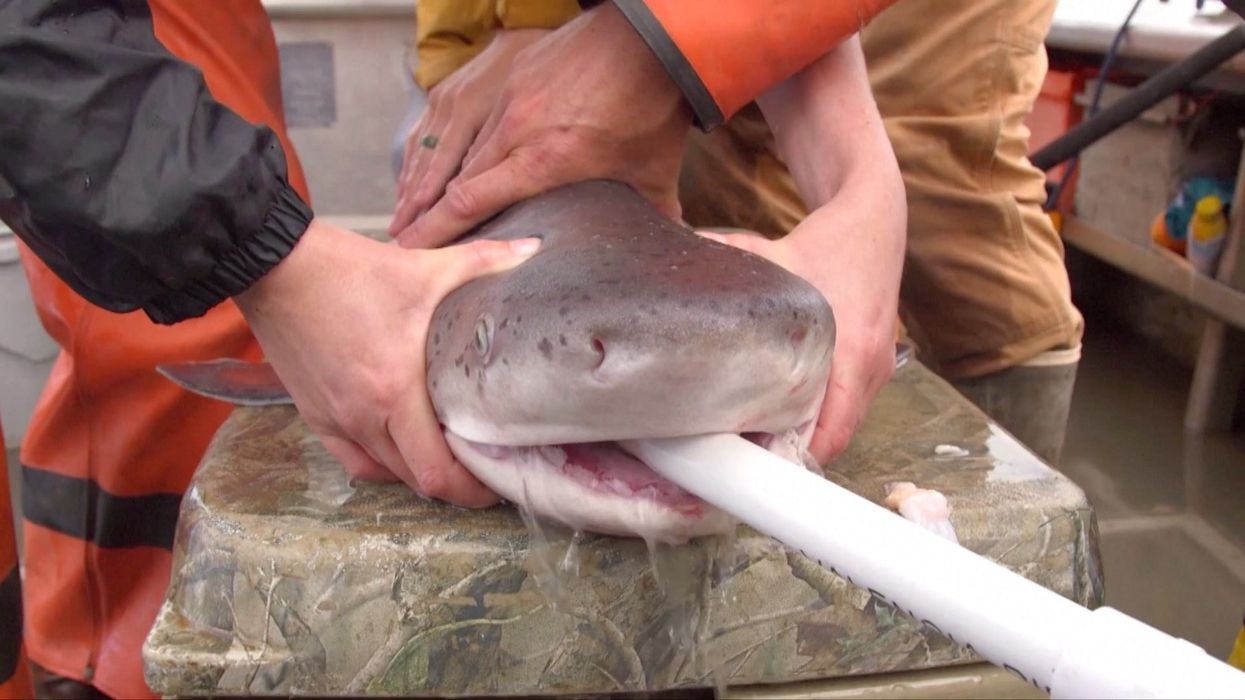A group of bull sharks found living in an artificial golf pond sparked concern when they mysteriously vanished.
Bull sharks (Carcharhinus leucas) are often found in rivers all around the world, but this incident makes "the longest uninterrupted duration in a low salinity environment that ever has been recorded in this species".
Now, a new paper has investigated the case to understand the tolerance of bull sharks in low-salinity habitats.
In 1996, six sharks were discovered in a golf course near Brisbane. They were landlocked for a further 17 years, before vanishing in 2013.
The sharks became trapped due to major flooding of two adjacent Logan and Albert rivers. When the floods calmed, the sharks remained in the lake.

The young sharks reportedly grew to 9.8 feet (3 meters) long as years went by and reportedly survived on flathead grey mullet (Mugil cephalus), Indo-Pacific tarpon (Megalops cyprinoides), mangrove red snapper (Lutjanus argentimaculatus) and yellowfin bream (Acanthopagrus australis).
"If sharks can get the food they need, being in these low-salinity environments can be super beneficial because there are fewer predators," Michael Heithaus, a shark biologist at Florida International University told Live Science. "Pups in some nurseries may go years in virtually fresh water, so it isn't too surprising they survived, as long as there was plenty of food."
Some of the sharks were last spotted in 2015, while others were able to escape into the riverways during a flood in 2013.
Study authors predicted some of the sharks had sadly died after one carcass was retrieved by golf course staff.
Sign up for our free Indy100 weekly newsletter
Have your say in our news democracy. Click the upvote icon at the top of the page to help raise this article through the indy100 rankings.














